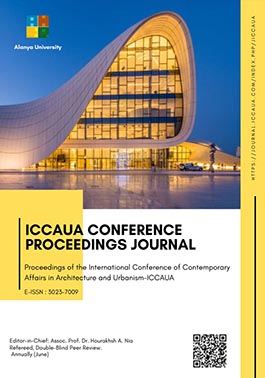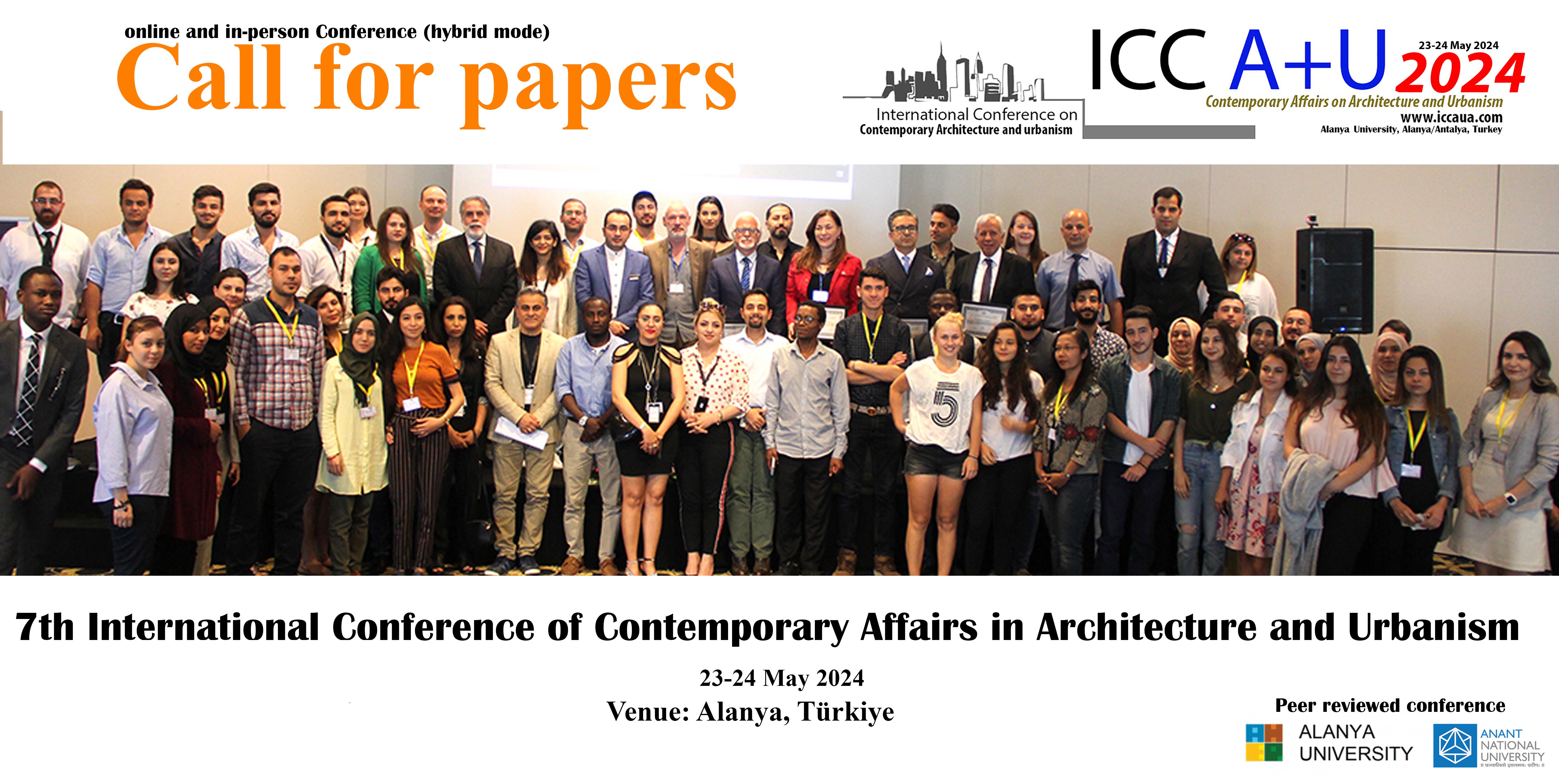Evaluating the Role of City Improvement Trusts or Boards in Shaping Salutogenic Character of Urban Areas: Case of Bangalore City
DOI:
https://doi.org/10.38027/iccaua2023en0095Keywords:
Urban Design; City Improvement Trusts; Post-Covid City; Salutogenic Urban Design; Bye Laws; Climate Change.Abstract
The city of Bangalore sprawls over 741 sq.mt and is likely to grow consistently in the coming decades with approximately 100 million USD in investments committed in 2022. With climate changes and post Pandemic regulations- the city of 13 Million people is facing a challenging situation where the quality of life-particularly health, needs to be balanced for all its residents. uses Case Study method to understand- the diverse parameters defining the role of City Improvement This paper aims to examine the role and scope of the City's Improvement Trust in shaping its salutogenic character. This paper reviews the framework from which the Trust derives authority, the models of operation, its criticism from the public domain, and its ability to meet future challenges. This research Trust, its limitations, and to develop a matrix for the same. The paper concludes with guidelines for the future of such bodies in metropolitan Indian cities.
Downloads
Downloads
Published
How to Cite
Issue
Section
License
Copyright (c) 2023 Anupama Doravari, Monalisa Bhardwaj

This work is licensed under a Creative Commons Attribution 4.0 International License.









